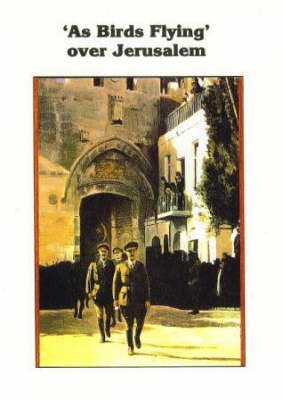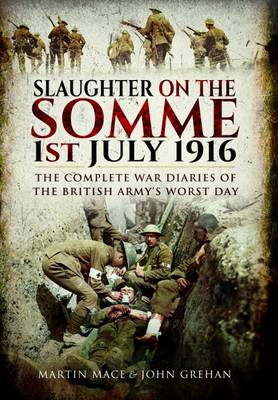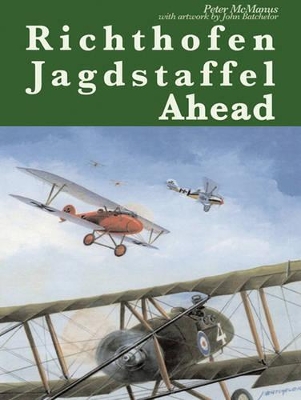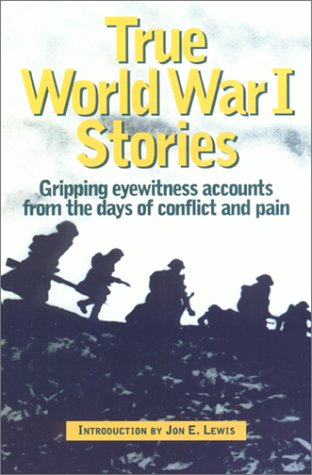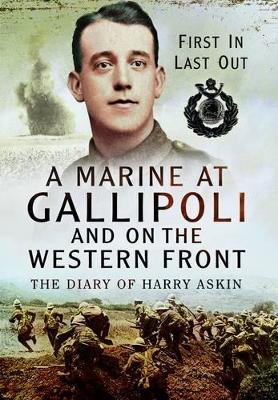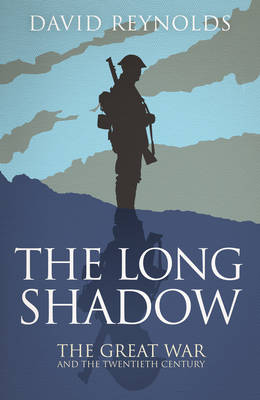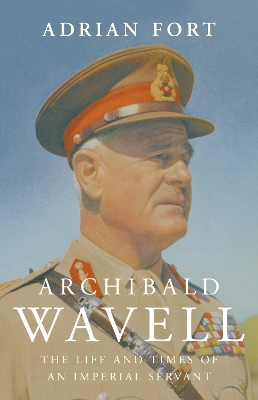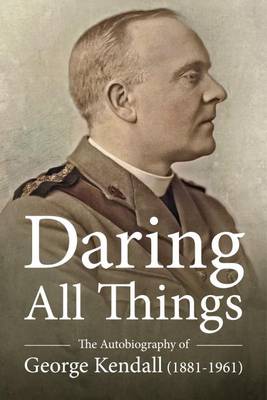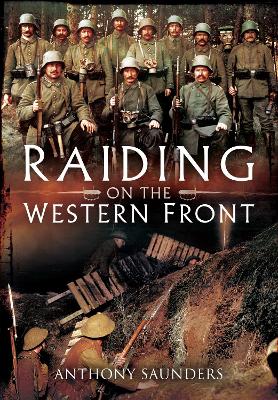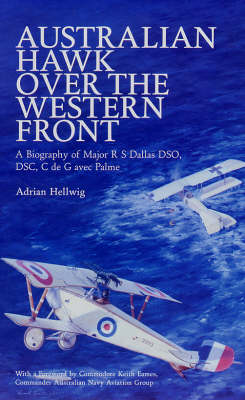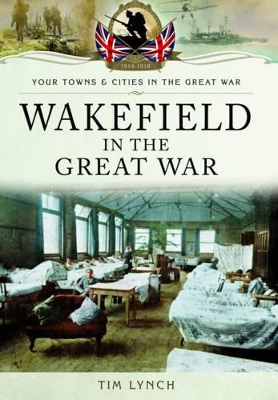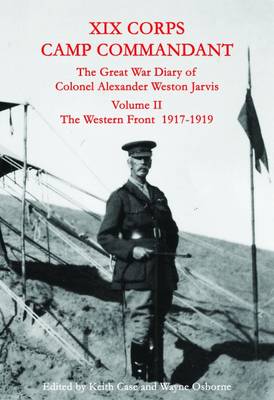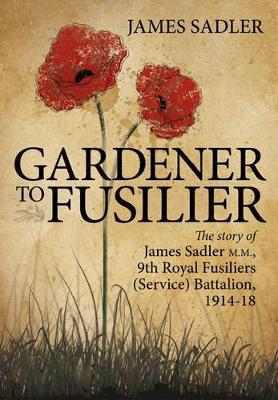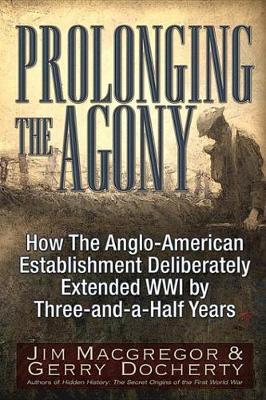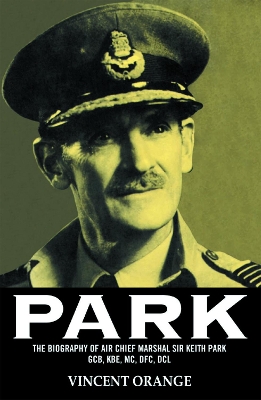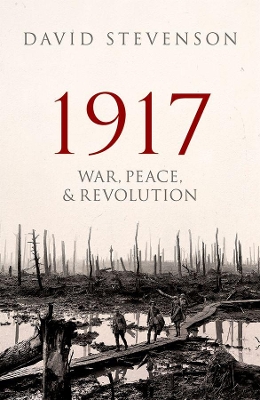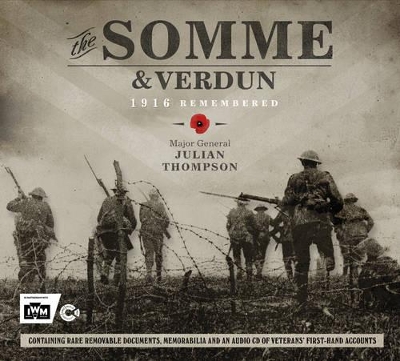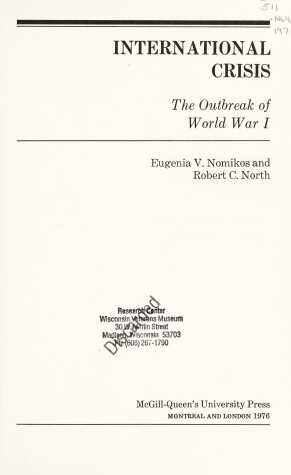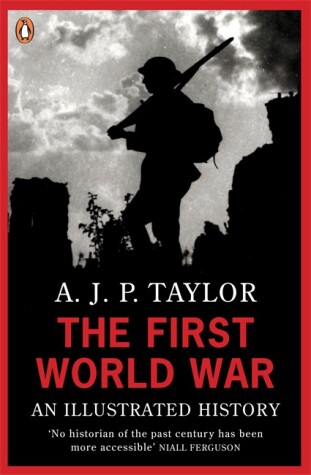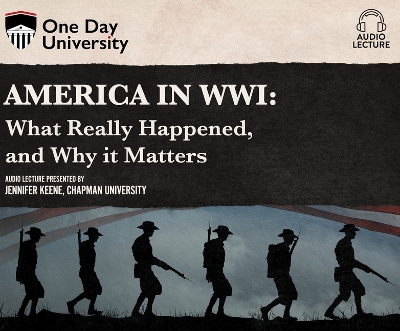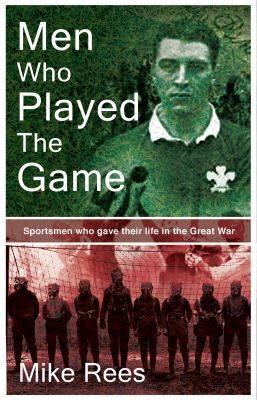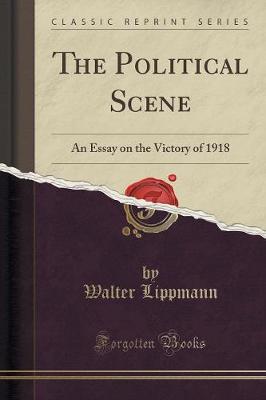At 07.30 hours on 1 July 1916, the devastating cacophony of the Allied artillery fell silent along the front on the Somme. The ear-splitting explosions were replaced by the shrill sound of hundreds of whistles being blown. At that moment, tens of thousands of British soldiers climbed out from the trenches on their part of the Western Front, and began to make their way steadily towards the German lines opposite. It was the first day of the Battle of the Somme. By the end of the day, a number of t...
In early 1917 the war in the air intensified on the Western Front in France. Richthofen's deadly Jagdstaffel 11 was flying vastly superior Albatros and Halberstadt planes, with synchronised machine guns. Into the fray came 40 Squadron RFC with its problematic FE8s. No contest you would think, but the bravery and courage of men like Lionel Blaxland, Mick Mannock and their fellow pilots ensured the Germans did not have it all their own way. Author Peter McManns has been extremely fortunate to have...
Harry Askin was 22 when he enlisted at Nottingham in September 1914 and was sent to train with the Royal Marines at Portsmouth. He set sail with the Mediterranean Expeditionary Force in late February 1915. On 25 April he was towed ashore to Gallipoli. So began a nine month ordeal of constant fighting and shelling on that bare and desperate Peninsula. In this diary he captures the atmosphere of danger and death, blazing heat in summer and rain and cold at other times. The smell of dead bodie...
In Britain we have lost touch with the Great War. Our overriding sense now is of a meaningless, futile bloodbath in the mud of Flanders -- of young men whose lives were cut off in their prime for no evident purpose. But by reducing the conflict to personal tragedies, however moving, we have lost the big picture: the history has been distilled into poetry. In TheLong Shadow, critically acclaimed author David Reynolds seeks to redress the balance by exploring the true impact of 1914-18 on the 20th...
Archibald Wavell was born a few years before Queen Victoria's Golden Jubilee and died shortly after the end of the Second World War (1883-1950). During that time the country in which he was born and brought up in changed beyond recognition, undergoing a fundamental revision in the attitudes, expectations, prejudices and hopes of the British people. His life epitomises that of a generation of famous men whose education and upbringing equipped them for a future that was to prove an illusion.At sev...
Daring All Things is a unique and extraordinary autobiography, which was published for the first time 55 years after its completion (shortly before The Rev George Kendall died suddenly in 1961, aged 79). The book is the life story of a man born into a working-class rural Yorkshire childhood in the late Victorian era, who through self-education, piety, ambition and sheer hard graft projected himself onto the then British Empire's biggest stages. Kendall chose the life of a primitive Methodist...
The trench raid came to typify the aggression and close-combat of trench warfare on the Western Front. Inevitably, raiding by aggressively minded units had a psychological effect on the enemy. Dominance over the enemy could be established by aggressive raiding. Equally, raiding had an effect on the morale of friendly troops but not always a positive one. Successful raids buoyed spirits but unsuccessful raids could be detrimental because of the casualties sustained for no gain and raiding provoke...
Major Roderick Dallas is Australia's leading air ace of all time and, with fifty victories, also one of the highest-scoring Commonwealth aces. Even so, until this excellently researched volume, there has never been a full biography of this exceptional pilot, whose fighting career spanned from 1916 to 1918. Flying Nieuport Scouts, Triplanes and Camels with the RNAS and RAF, he was an ever-present threat over the Western Front and the scourge of the German Air Force. Hellwig's book has been taken...
The Great War saw thousands of Wakefield men enlist in the armed forces, serving in every arm of the services. Wakefield in the Great War tells the story of the men who fought and the families they left behind. This was total war. Volunteers worked tirelessly as nurses in local auxiliary hospitals, cared for Belgian refugees, sent food parcels to prisoners of war, fed soldiers during their long waits at railway stations and stitched sandbags to send to the Front. At nearby country estates, the...
4 August 1914 saw the British declaration of War on Germany and, in his 'digs' in Hampton, Middlesex, nurseryman James Sadler resolved to enlist to serve and play his part in what was to become known as the Great War 1914-18. 28 August 1918 saw the same man, now infantryman Sgt. James Sadler M.M, being stretchered away from the battlefield at Hardecourt aux Bois in France, his part in the conflict complete. During the interim period, James Sadler had seen action on a number of the major battlefi...
As commander of No. 11 Group, Fighter Command and responsible for the air defence of London and South-East England, Keith Park took charge of the day-to-day direction of the battle. In spotlighting his thoughts and actions during the crisis, Vincent Orange reveals a man whose unfailing energy, courage and cool resourcefulness won not only supreme praise from Churchill but the lasting respect and admiration of all who served under him. However, few officers in any of the services packed more acti...
1917 was a year of calamitous events, and one of pivotal importance in the development of the First World War. In 1917: War, Peace, and Revolution, leading historian of World War One, David Stevenson, examines this crucial year in context and illuminates the century that followed. He shows how in this one year the war was transformed, but also what drove the conflict onwards and how it continued to escalate. Two developments in particular—the Russian Revolution and American intervention—had wor...
Verdun and the Somme were two of the most cataclysmic battles of the First World War on the Western Front. The carnage on that front in 1916 was unprecedented for all sides, and had a profound effect on the eventual outcome of the war. On the first day of the Somme, Britain and her Commonwealth suffered almost 60,000 casualties, the worst day's loss in British military history. Many people think of the battle solely in terms of that first disastrous day. In fact it lasted for four and a half mon...
A. J. P. Taylor was one of the most acclaimed and uncompromising historians of the twentieth century. In this clear, lively and now-classic account of the First World War, he tells the story of the conflict from the German advance in the West, through the Marne, Gallipoli, the Balkans and the War at Sea to the offensives of 1918 and the state of Europe after the war. Containing photographs and maps, this an essential history of the war that 'cut deep into the consciousness of modern man'.
War Bread; A Personal Narrative of the War and Relief in Belgium
by Edward Eyre Hunt
